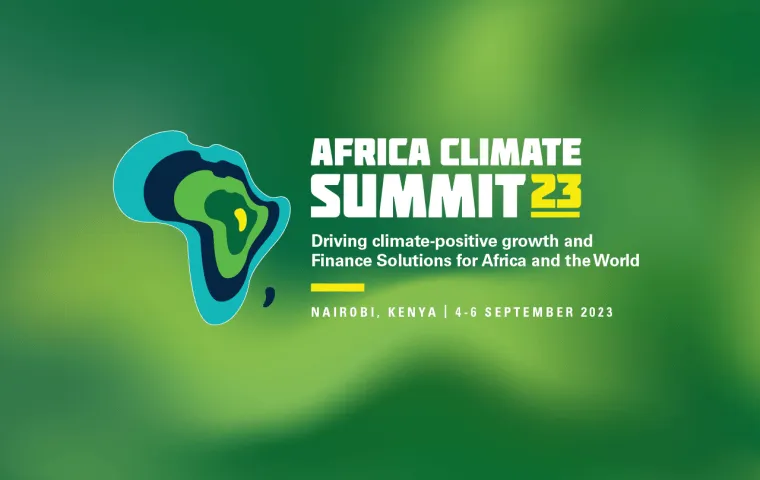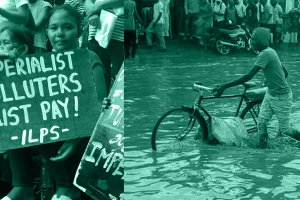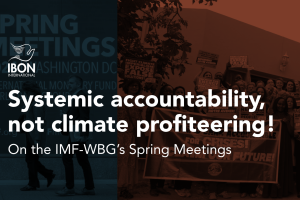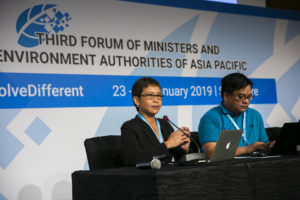The Africa Climate Summit held on 4-8 September 2023 with the theme, “Driving Green Growth and Climate Finance Solutions for Africa and the World” gathered 30,000 participants, including 17 heads of state. However, climate justice movements and civil society in the continent are concerned that the outcomes of the summit articulated in the Nairobi Declaration commodifies Africa’s natural resources. The Declaration also puts much fanfare on multibillion-dollar investments in renewable energy, failing to consider the potential risks of these projects on people’s rights, land, and sovereignty.
Large renewable energy projects facilitate land grabs, displace indigenous communities, and exacerbate socio-economic inequality.
Corporate Influence and Greenwashing
The Africa Climate Summit’s agenda was heavily skewed toward promoting market-based solutions and engaging multinational corporations, whose involvement in development has been harmful to communities, and have undermined their fight for climate justice. At the sidelines of the summit, nearly every African nation engaged in financial agreements with multilateral development banks, such as the Africa Development Bank, which has been known for funding development projects that negatively impact communities such as the Kapenguria- Makutano and Chepareria Towns Sewerage System which was a sub-project of Kenya Towns Sustainable Water Supply and Sanitation Program. This financial backing totaled an astounding USD 26 billion to supposedly accelerate actions on climate adaptation.
While the summit buzzed with futuristic visions and forward-looking initiatives, it underscored a disconcerting reality: the climate crisis is here and now, affecting communities in real time. Discussions on scaling up climate finance, and operationalizing the loss and damage fund were eclipsed by a predominant emphasis on carbon markets and the incorporation of Africa’s natural assets into its GDP.
Towards Climate Resilience and Justice
African nations should prioritise community-centred climate resilient initiatives, empowering local communities for climate adaptation and mitigation, sustainable resource management, and disaster risk reduction and resilience. The true measure of success for Africa Climate Summits and Climate Weeks should not be bound to corporate pledges, but should be centred on the needs of vulnerable communities. #




